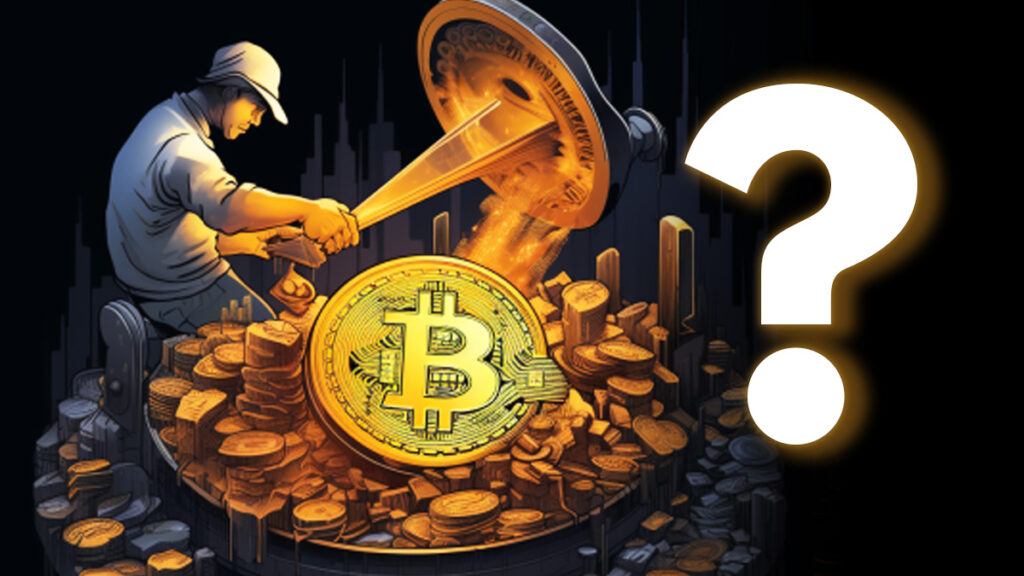What is cryptocurrency?

Cryptocurrency. It’s a word that’s been thrown around the news, social media, and even casual conversations for the past decade. But for many people, it’s still a bit of a mystery. What is cryptocurrency? , and how does it work?
Imagine money, but digital. That’s the simplest way to think about cryptocurrency. It’s a virtual currency that exists online, like Bitcoin, Ethereum, and Litecoin. Unlike traditional money, which is printed by governments and controlled by banks, cryptocurrency is decentralized. That means there’s no single authority in charge. Instead, it’s all based on a distributed network of computers called a blockchain.
Think of a blockchain as a giant, digital ledger. Every time a cryptocurrency transaction happens, it’s recorded on this ledger in a secure and transparent way. This means everyone can see what’s happening, but no one can tamper with the record. This transparency is one of the things that makes cryptocurrency appealing to some people.
So, how do you actually use cryptocurrency? Well, you can use it to buy things online from certain vendors, but it’s still not widely accepted as a mainstream form of payment. Right now, most people use cryptocurrency for investing, hoping that its value will go up over time.
But here’s the thing about cryptocurrency: it’s a volatile market. The value of these digital currencies can fluctuate wildly, which means you could lose a lot of money if you’re not careful. It’s important to do your research and understand the risks before investing in any cryptocurrency.
Now, let’s address some of the common questions people have about cryptocurrency:
- Is cryptocurrency legal? Yes, cryptocurrency is legal in most countries, although some governments have placed restrictions on it.
- Is cryptocurrency safe? Cryptocurrency transactions are generally secure, but there are always risks involved in any online activity. It’s important to be aware of scams and take steps to protect your digital assets.
- Is cryptocurrency the future of money? Only time will tell. Cryptocurrency is still a relatively new technology, and it’s unclear how it will develop in the years to come.
The bottom line is this: cryptocurrency is a complex and evolving topic. If you’re interested in learning more, there are plenty of resources available online and in libraries. But before you jump in and invest any money, make sure you do your research and understand the risks involved.
Here are some additional tips for learning more about cryptocurrency:
- Read articles and blog posts from reputable sources.
- Watch educational videos on YouTube.
- Join online communities and forums to talk to other people who are interested in cryptocurrency.
- Invest in a small amount of cryptocurrency to learn how it works (but only if you can afford to lose the money).
Some Popular Cryptocurrencies:
- Dedicate a section to explore the top 5 or 10 most popular cryptocurrencies by market capitalization. Briefly explain their unique features, use cases, and potential benefits. Include visuals like logos or price charts to enhance understanding.
- Bitcoin (BTC): The OG cryptocurrency, known for its limited supply and secure network.
- Ethereum (ETH): The programmable blockchain platform enabling smart contracts and DeFi applications.
- Binance Coin (BNB): The utility token of the Binance exchange, offering discounts and various functionalities.
- Solana (SOL): A high-speed blockchain network known for its fast transaction processing and scalability.
- Ripple (XRP): Focused on facilitating cross-border payments with faster settlement times and lower fees.
I hope this article has helped to demystify the world of cryptocurrency for you. Remember, it’s important to be informed and cautious before investing in any digital currency. But with the right knowledge and understanding, you can make informed decisions about whether or not cryptocurrency is right for you.
And finally, a word of caution: The world of cryptocurrency is full of scams and get-rich-quick schemes. Be wary of anyone who promises you easy money. If something sounds too good to be true, it probably is.
Disclaimer: I am not a financial advisor, and this article is not intended to be financial advice. Please do your own research before investing in any cryptocurrency.